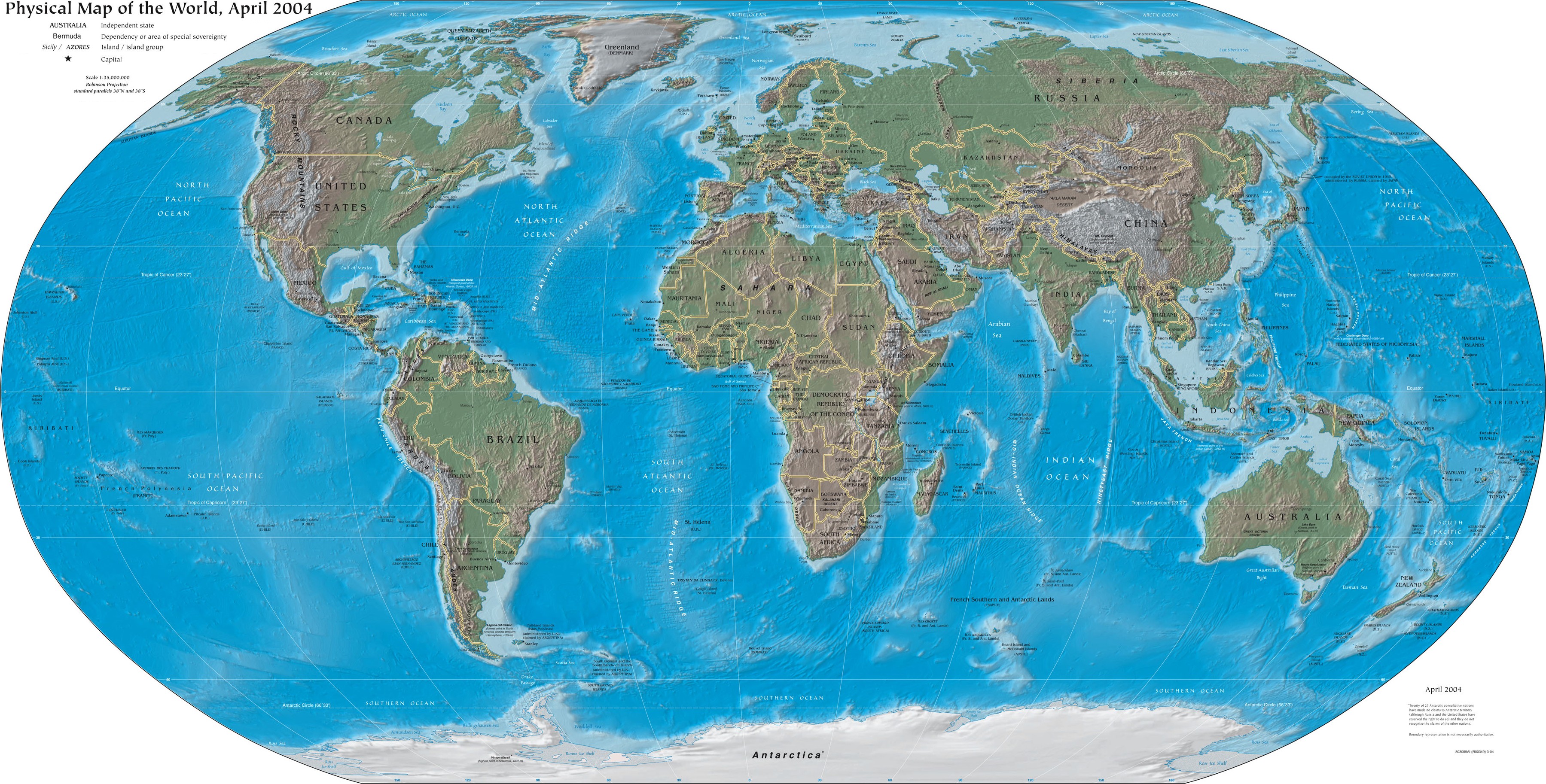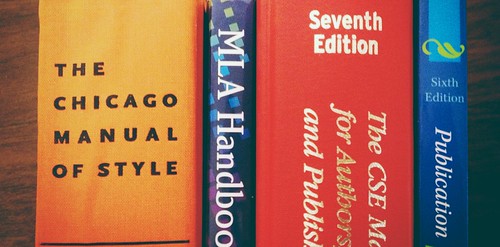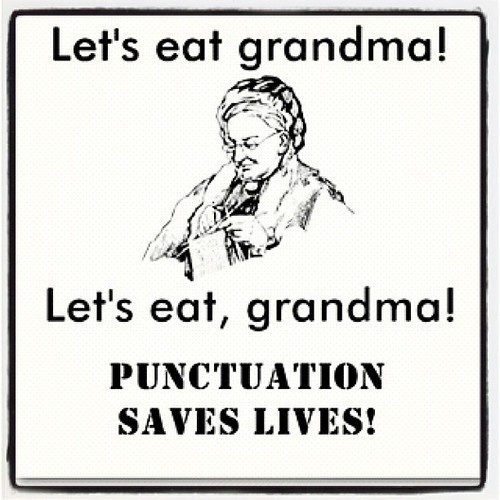 |
| Enokson (2010) "Fiction Genres" via Flickr Attribution 2.0 Generic License |
5 Examples of Articles:
Social Context:
The genre of an article is typically set in a magazine or in an online magazine or news source. The subject of the genre is reporting on specific news events or writing opinionated versions of those events for a specific news source. The audience of this genre is typically anyone with a baseline education who wants to or enjoys reading articles as a source of information on various topics/events. The genre is used to provide a source of information for the general public as well as to display a certain view the author or the audience might have on a specific topic. Articles are typically informational and concern specific events that have occurred recently or events that occurred in the past and are still have effects today.
Rhetorical Patterns of The Genre:
Professional articles are meant to be truthful/ethical pieces of work that provide various information and sometimes opinions on specific subjects/events. Therefore, unethical or false information is excluded from the genre in order for the author or source of publication to maintain credibility as a news source. Articles that are published online provide hyperlinks to sources where the author received specific information. The formatting is similar to that of a QRG, however, it is a little more formal. In terms of rhetoric, articles generally appeal to ethos and logos (ethics, credibility, and logic). However, in some cases, particularly with opinionated articles, authors tend to use pathos (emotion) in their writing as well. The sentences and style of this genre are typically active and simple/complex depending on the topic. However, like I said, articles are typically formal and so the language, word-choice, and tone are professional.
What The Patterns Reveal About The Social Context:
The genre includes anyone who is interested in the information the article is discussing or anyone who has been affected by the topic/event that is being written about. The genre encourages writers to write truthful/ethical work. Depending on the article and it's purpose, the audience could be encouraged to react or think a certain way after reading the work. The most valuable content of an article is the information and how that information is displayed and stated by the author. The least valuable content are the extra details that most articles contain like images (if there are too many) and/or comment sections for the readers.
Reflection:
I read Jenny and Rachel's "Analyzing My Genre" posts. After reading and commenting on their posts, I noticed that our genres are fairly similar. Both Jenny and Rachel are writing editorials, so their posts were fairly similar. Though I am writing an article, the conventions of my genre are pretty similar. All three of us feel strongly about the specific uses of rhetorical strategies in our genres. Because of project 2, we already have a good understanding of how to implement rhetorical strategies effectively into our own writing. This will help us successfully build our arguments and credibility in our projects and with our targeted audiences. Overall, I think that I have a clear understanding of my genre, the article, as well as how I want to design/organize it.






.png)


